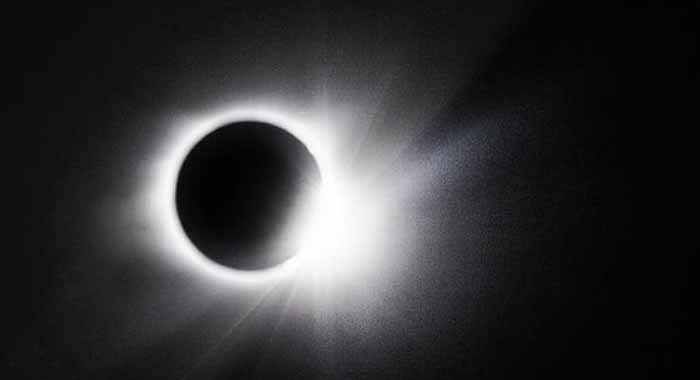TRENDING TAGS :
Lunar Eclipse 2020: These states can see the last lunar eclipse of the year
After the lunar eclipse of November 30, there will be only one celestial event this year. A solar eclipse expected to occur on December 14.
The last lunar eclipse of 2020 will occur on November 30 and most of India will not be able to witness the phenomenon since it will take place below the horizon. However, people in Bihar, Assam, West Bengal, Uttarakhand and Uttar Pradesh will still be lucky enough to see some of the eclipse, especially in the latter half.
Many parts of Europe, Asia, Australia, North America, South America, Pacific and Atlantic will witness the final penumbral lunar eclipse of this year, as per Timeanddate.com.
Lunar Eclipse
The lunar eclipse will begin from 1:04pm and last till 5:22pm, with its peak at 3:13pm. This time, the eclipse will be of a longer duration as compared to the last one that took place on July 4. This year, there have been four lunar eclipses and the last three took place on January 10, June 5 and July 4 respectively.
The phenomenon of the earth moving between the sun and the moon causes a lunar eclipse. Since the earth gets positioned in between, the moon is not able to receive the light from the sun and gets earth’s shadow instead. This causes a darkening of the moon where the distance between the earth’s shadow and the moon is the least.
Penumbral is one among the three types of lunar eclipses, the other two being total and partial lunar eclipses. A total eclipse is when the earth’s central or umbra, the dark area of its shadow covers the entire lunar surface. While in the partial eclipse, the earth’s umbra covers only part of the lunar surface. The penumbral eclipse occurs when the moon travels through the penumbral part of the earth’s shadow.
ALSO READ: Rabindranath Tagore Literary Prize shortlist announced
After the lunar eclipse of November 30, there will be only one celestial event this year. A solar eclipse expected to occur on December 14.
ALSO READ: From Mufflers to sweaters: Amp up your Winter Looks with these tricks!
Stay tuned with the newstrack to get fastest updates. Click @englishnewstrack to follow us on Facebook and @newstrackmedia to follow on Twitter.



